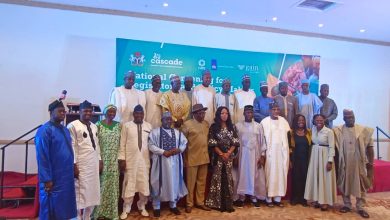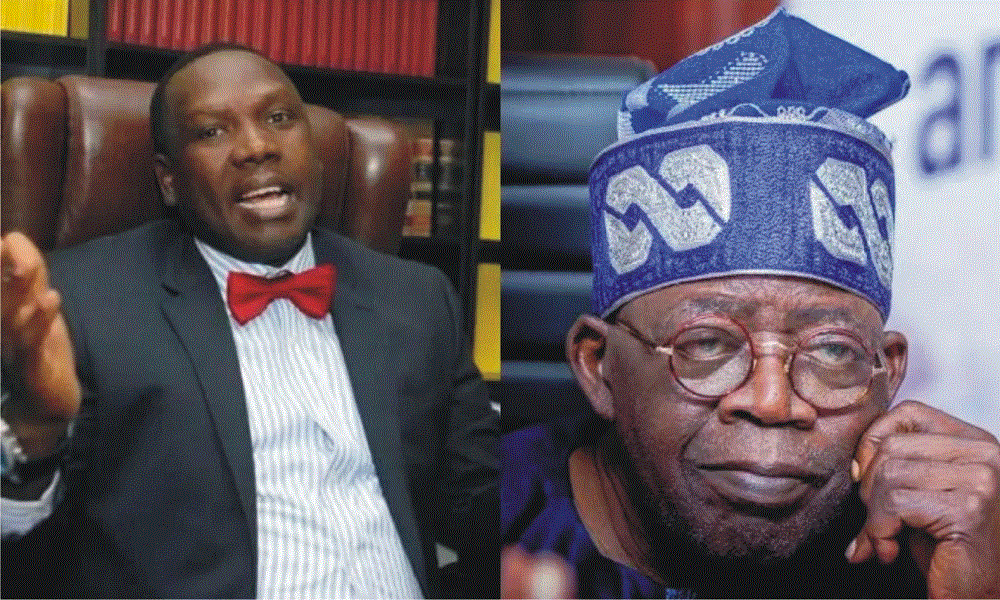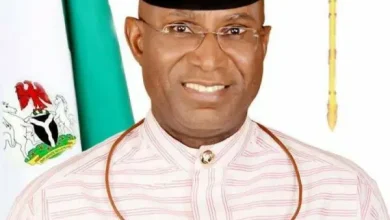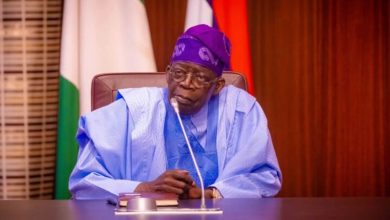Alliance of African Cocoa Farmers Calls for Fair Trade and Eco‑Sustainable Expansion
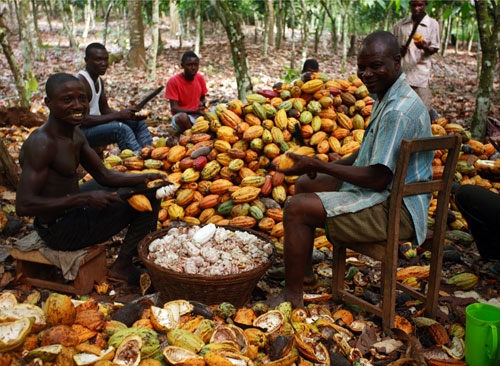
In order to improve the lives of African cocoa producers and their communities, the Cocoa Farmers Alliance Association of Africa (COFAAA) has reaffirmed its dedication to advancing economic justice, elevating the voices of cocoa farmers, and fostering sustainable innovations.
Speaking during COFAAA’s worldwide webinar, Comrade Adeola Adegoke, the association’s president and global coordinator, emphasized that although though Africa supplies more than 70% of the world’s cocoa, systematic injustices and unfair international trade practices keep the continent’s farmers impoverished.
He pointed out that the African cocoa ecosystem is the foundation of the global chocolate industry, which is worth over $120 billion a year.
Adegoke stated that African cocoa farmers are exposed to poverty, price volatility, and unfair market circumstances because the economic gains are still unfairly distributed.
According to him, COFAAA wants to change this trend by working more closely with governments of African cocoa-producing nations, development partners, and international cocoa organizations to support smallholder farmers.
“Our goal is to boost local processing and cocoa production in Africa to approximately four million metric tonnes, which accounts for 90% of the world’s cocoa production,” Adegoke stated.
Improved productivity per hectare (800–1000 kg), sustainable practices like cocoa agroforestry intensification, ecosystem management, traceability, premium flavor processing methods, and climate-smart and soil-friendly farming practices—all while guaranteeing youth inclusivity—are required to achieve this.
He stated that by bringing together the voices of smallholder cocoa producers, increasing production through sustainable practices, and encouraging more cooperation among stakeholders, the webinar aimed to maintain and advance African leadership in the global cocoa sector.
COFAAA is a pan-African membership-based organization dedicated to addressing the most urgent issues that cocoa growers face, according to Adegoke.
Our goal is to empower farmers, promote sustainable agricultural methods, and guarantee the long-term sustainability of the global cocoa ecosystem. In addition to being a major economic engine, Africa’s cocoa sector is a representation of our agricultural history, he remarked.
Read Also: Gbenga-Hashim Urges Focus on Merit, Not Region, in Choosing Nigeria’s President
In spite of the growing threats posed by climate change, he praised the efforts of international cocoa institutions and stakeholders, such as the World Cocoa Foundation (WCF), Ghana Cocoa Board, Cameroon’s National Cocoa and Coffee Board, Nigeria’s National Cocoa Management Committee, the International Cocoa Organization (ICCO), and the Cote d’Ivoire-Ghana Cocoa Initiative (CIGHCI).
“To maintain our leadership in global cocoa production, which currently stands at 70% of the world’s total, many African governments and institutions have already implemented good policy frameworks and strategic collaborations,” he said.
Executive Secretary of the Cote d’Ivoire-Ghana Cocoa Initiative (CIGHCI), Alex Assanvo, who was represented by his deputy and Technical Manager, Tawiah Agyarko-Kwarteng, gave the webinar’s keynote presentation. He praised COFAAA for providing a forum to elevate the views of African cocoa producers.
Agyarko-Kwarteng said the partnership was appropriate and in line with CIGHCI’s objective to enhance farmers’ well-being by utilizing the economic, social, and environmental pillars of sustainability.
She emphasized that the presidents of Ghana and Cote d’Ivoire, who together produce the majority of Africa’s cocoa production, founded the CIGHCI to address serious issues facing the cocoa industry, specifically those related to pricing and income for farmers in both nations.

